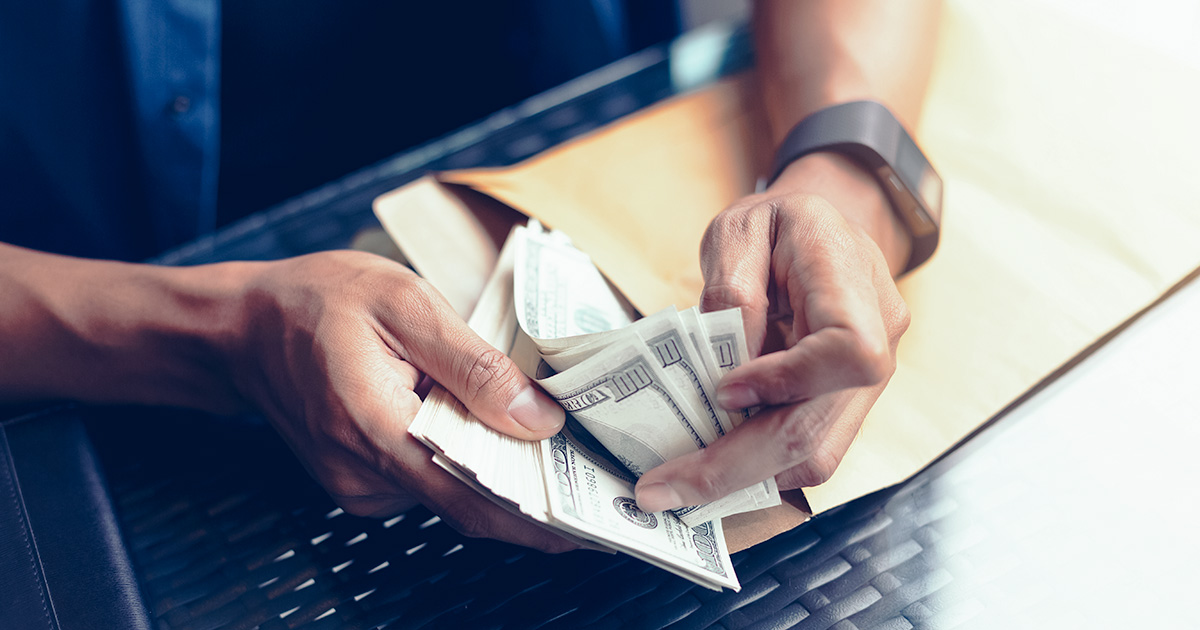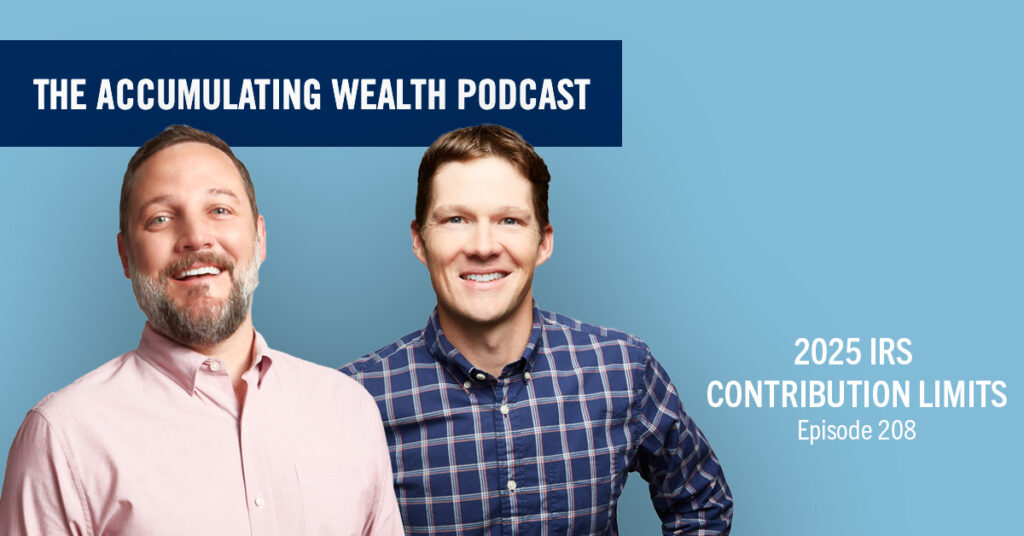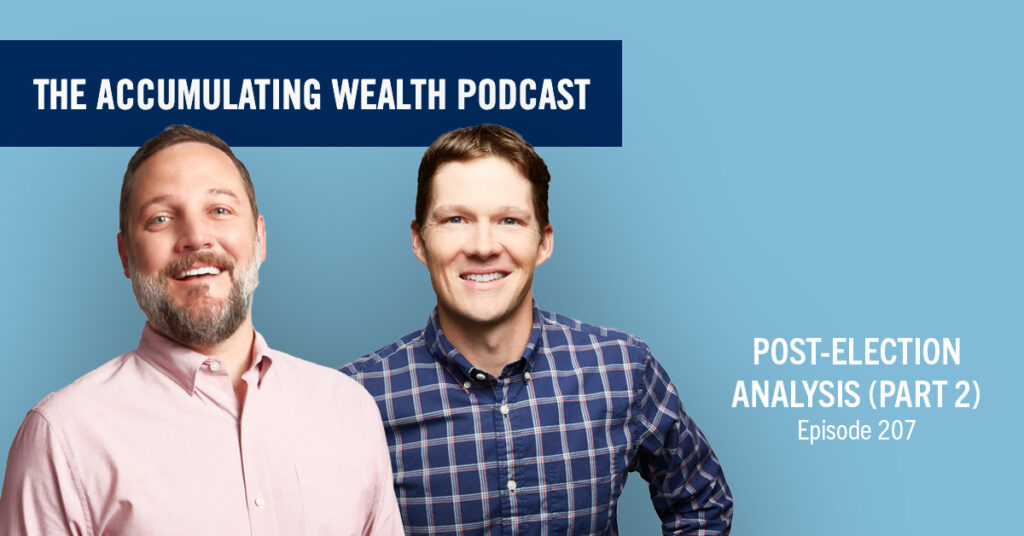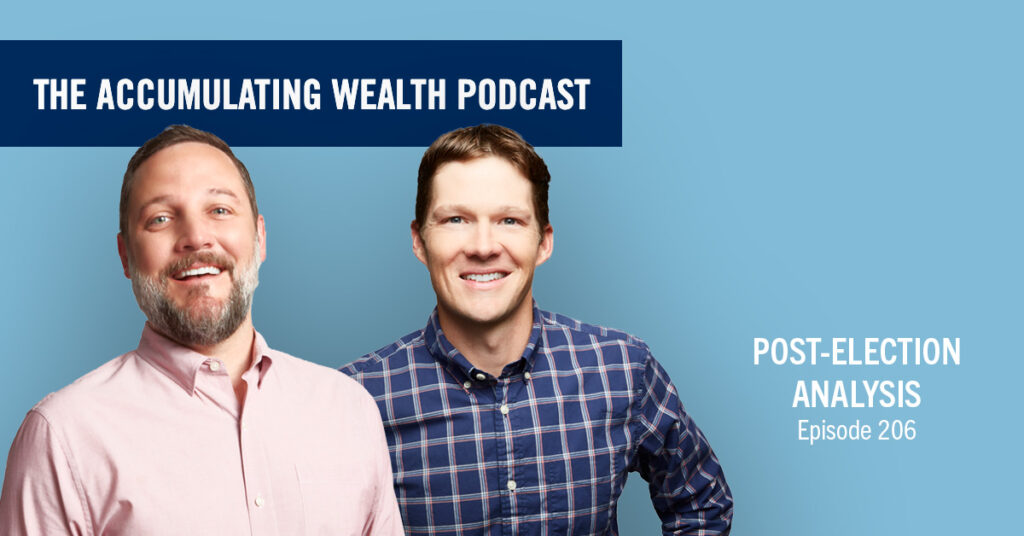Learn how to best optimize your assets in this uncertain environment
Key takeaways
- The underlying factors in today’s financial environment are different than of 2007.
Eliminating interest income and zero-free trading from the bank’s equations has forced them to search for alternative, potentially risky income streams.
Employing investment strategies that will protect your money starts with understanding the limits of FDIC insurance.
Earlier this year, we witnessed the second largest bank failure in U.S. history along with three additional mid-sized U. S. Bank failures trigger fears of a widespread bank crisis. Many feared that First Republic Bank, Silicon Valley Bank, Silvergate Bank, and Signature Bank were just the first dominoes to fall, and a global bank contagion would cause many more to follow.
Thankfully, that scenario did not play out, as the government took extraordinary measures to mitigate the fallout across the banking sector.
Questions about the health of the banking system continue to loom. Are banks still in crisis? Are we setting up for another catastrophic failure like 2007-2008? How is the Moody’s downgrade affecting the world’s confidence in the U.S. banking system?
To address these questions and more, we’ve asked Erick Kuebler, president of brokerage and advisory firm Sanders Morris Harris (SMH Group), to weigh in on the health of the banking system as it stands and what might happen next in these turbulent times.
“First of all, I think we can take a deep breath,” Erick said. “This is not 2007. The underlying factors then versus now are very different. Barring some unforeseen global anomaly, I’m not anticipating a repeat run of bank failures and bailouts that sent the country into The Great Recession.”
That’s not to say the banking system is completely out of the woods, stresses Erick, as this current bank uncertainty is unfolding against the backdrop of some very unique economic dynamics.
For one, the unprecedented fiscal stimulus packages and monetary easing during the COVID pandemic helped prevent an economic collapse. Still, the low-interest-rate environment resulting from these policies has put immense pressure on bank profitability.
Steady sources of revenue like interest income have dwindled, and zero-fee trading has knocked down another important revenue stream. This has forced banks to search for alternative—and potentially risky—income streams and higher returns.
On a positive note, no bank has failed since the three back in March—a sign that has Erick feeling cautiously optimistic going into 2024.
“We are closer to the end of interest rate hikes than the beginning, which is going to be a huge step in stabilizing the banking system,” says Erick. “More importantly, the U.S. banking system is still the strongest financial system in the world. We are still the world’s reserve currency.”
Regarding the Moody’s downgrade, Erick sees it as more of a psychological hurdle, noting that even with the downgrade, U.S. treasuries are still the safest investment in the world.
“If you look at it globally, people talk about the rise of crypto and Bitcoin, the fall of the U.S. dollar and the fall of the financial system, but what they’re often missing is that to have a common currency, you have to have a common debt and a common equity in that currency,” says Erick. “Crypto has a stablecoin, but there’s no debt backing it that has the full faith of a government.”
Even the euro doesn’t enjoy the common debt of a single government backing it, as you have different countries carrying the debt of a common currency, adds Erick.
“The U.S. is the biggest to offer a common currency and common debt. Everything is paid with the dollar, which should give people confidence going forward that our banking system is still strong.”
PROTECTING YOUR ASSETS
Regardless of the current banking situation, Erick says investors should always be vigilant in employing investment strategies that will protect their money, and that starts with understanding the limits of FDIC insurance.
Single Accounts – Deposits held in a single account under one person’s name are insured up to $250,000. This includes checking accounts, savings accounts, and CDs.
Joint Accounts – Deposits in joint accounts with two or more people are insured up to $250,000 per co-owner. Each co-owner’s share of the account is separately insured.
IRAs and Other Retirement Accounts – The Securities Investor Protection Corporation (SIPC) protects investors up to $500,000, including up to $250,000 for cash.
Erick says it’s important to note that these insurance limits apply to the total deposits you have at a single financial institution. If you have accounts at different banks or credit unions, each institution will have its own separate coverage limit.
“Investors who are holding more than $250,000 in cash should diversify their investments across multiple institutions so they are under that $250,000 threshold for each account,” counsels Erick.
While he gravitates towards floating rate insured municipal paper, money markets backed by treasuries and treasury bonds in this current climate, he says there is no one-size-fits-all investment strategy for every investor. A goal-based strategy designed to optimize and protect your investment is always the best plan, which is where consulting with a trusted financial advisor comes into play.
“Most people see a bank offering a great rate, and that’s where they move their money,” says Erick. “But what is that money market or CD invested in? A good financial advisor will do the legwork to make sure your money is not only being optimized but also protected.”
“The thing I love about partnering with CWA is that we can give clients a full 360-investment approach, including optimizing tax strategies, designing a diversified portfolio—even some excellent short-term, no-fee cash investment opportunities through our relationship with T-Bank.”
If you’re ready to talk about maximizing your cash and protecting your investments during this uncertain time, a CWA advisor is ready to help. Set up your free consultation today.














